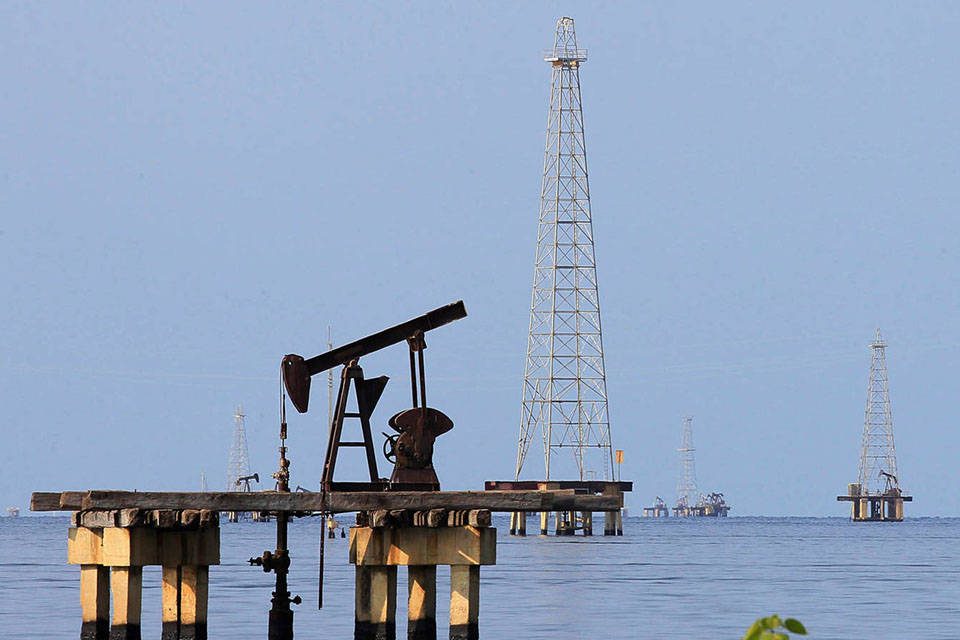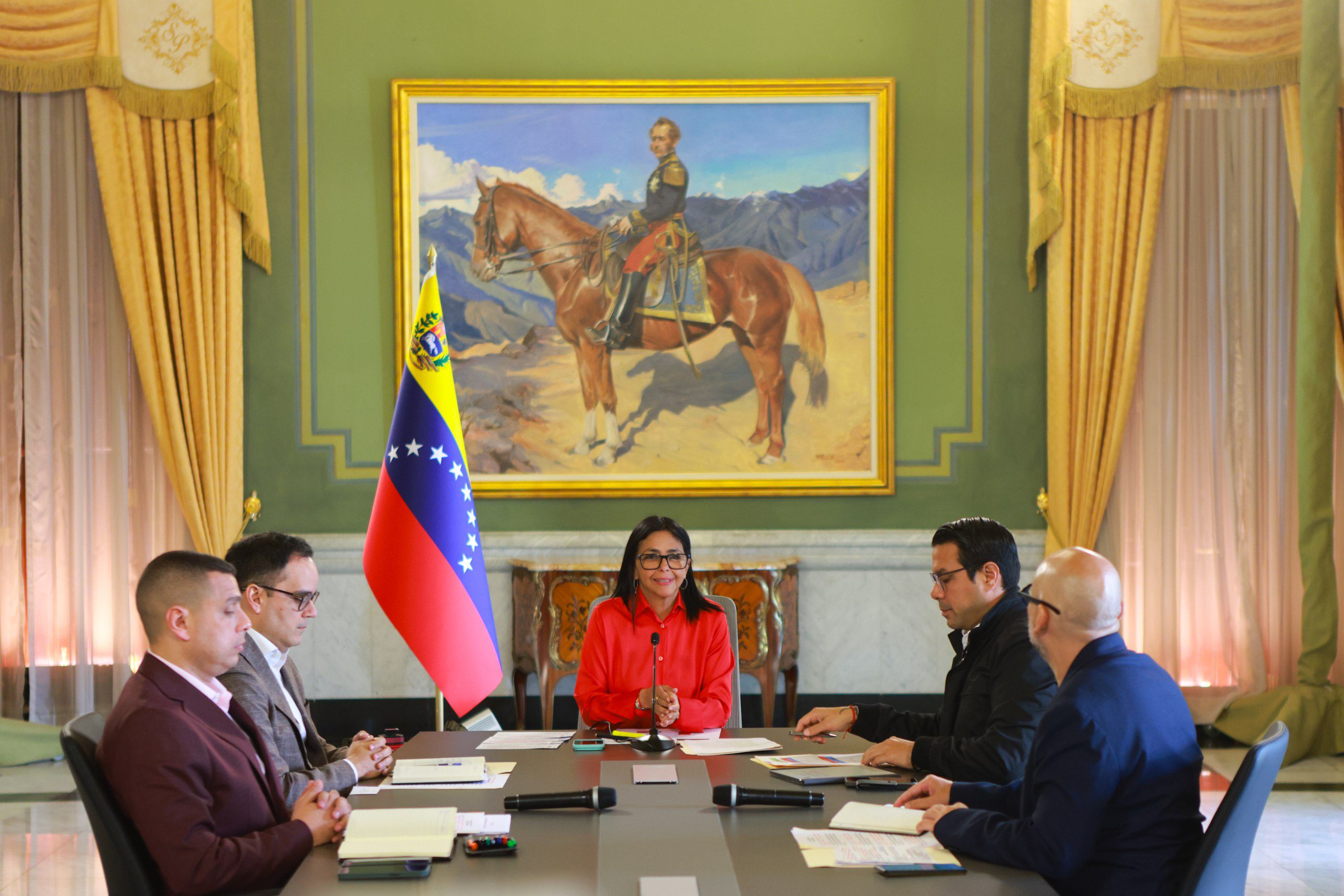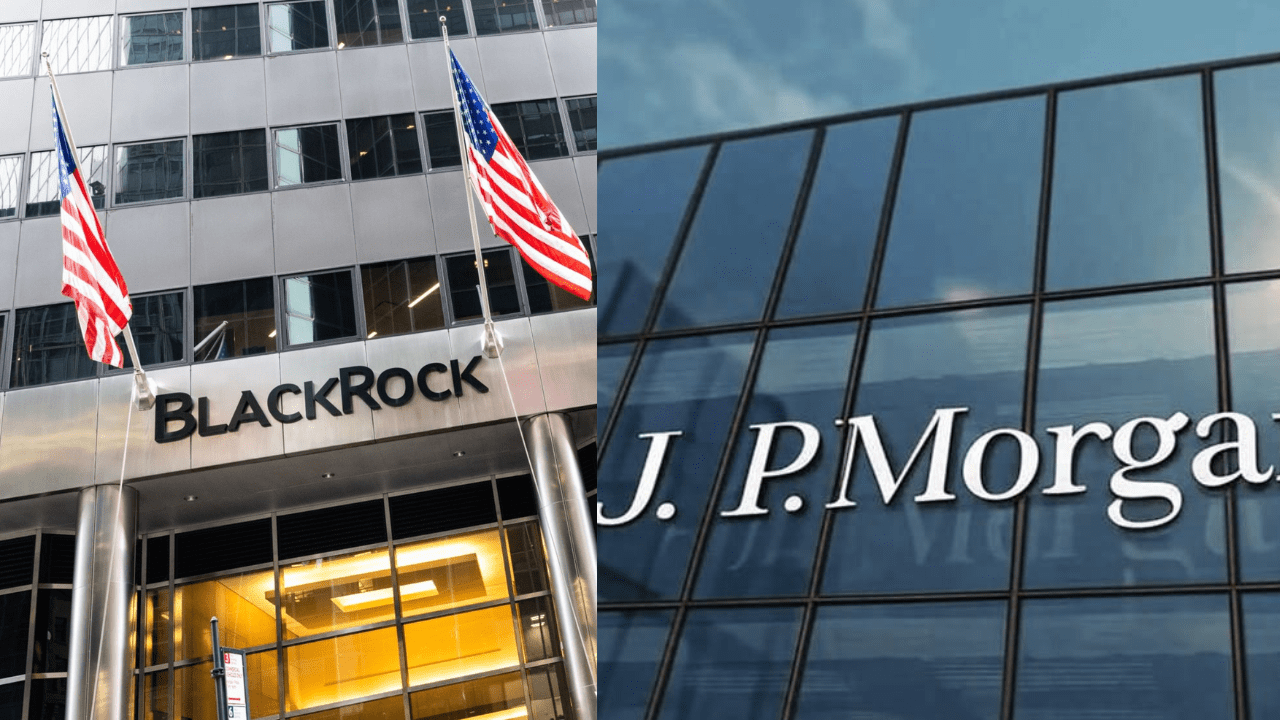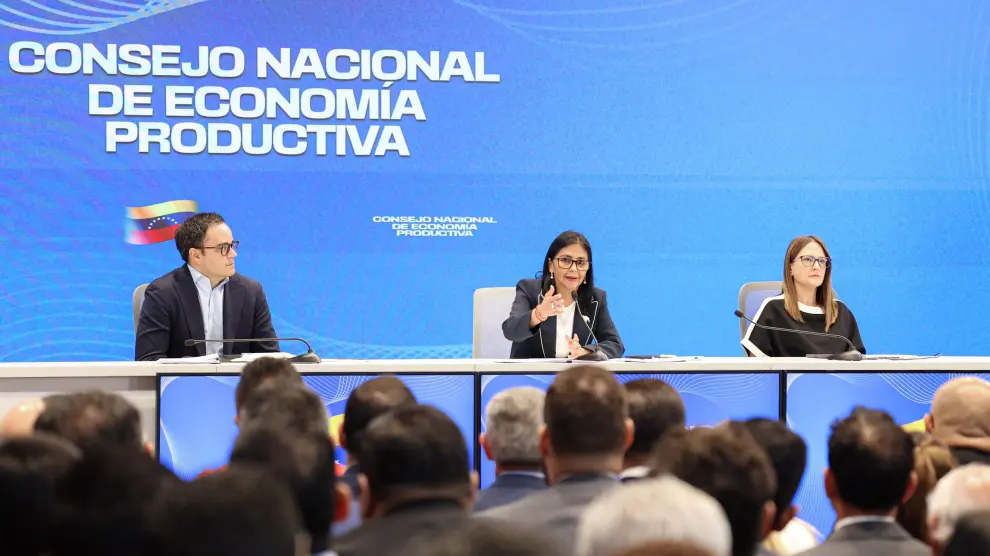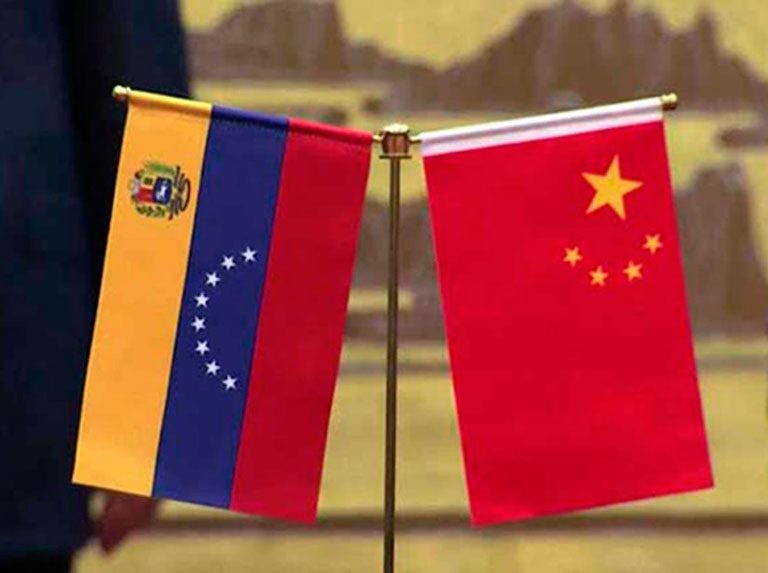In January 2025, crude oil production from joint ventures between Pdvsa and the U.S. corporation Chevron reached approximately 242,000 barrels per day. Photograph: Roo Reynolds.
In January 2025, crude oil production from joint ventures between Pdvsa and the U.S. corporation Chevron reached approximately 242,000 barrels per day. Photograph: Roo Reynolds.
Guacamaya, March 24, 2025. The U.S. Office of Foreign Assets Control (OFAC) extended Chevron’s license on Monday until May 27, 2025, allowing the company to gradually withdraw from Venezuela. This move reflects the usual pattern of temporary renewals for such authorizations. The measure replaces License 41A, which would have kept operations running until April 3, and maintains key restrictions on dividends, exports, and ties with Russia.
General License 41B, published by the U.S. Department of the Treasury, aims to facilitate the orderly cessation of Chevron’s operations in its joint ventures with Petróleos de Venezuela (Pdvsa). However, the authorization is now valid until 12:01 a.m. on May 27, 2025. It explicitly excludes:
- The payment of taxes, royalties, or dividends (in cash or kind) to the Venezuelan government or Pdvsa.
- The sale of crude oil or derivatives produced by the joint ventures to various U.S. states.
- Any transactions with entities based in Venezuela controlled by Russia.
It is worth noting, regarding the last point, that Nicolás Maduro and Vladimir Putin recently held a phone conversation to strengthen relations between Russia and Venezuela in various areas, including energy.
The new license will officially replace version 41A starting March 24, 2025. Although frequent in U.S. sanctions policy, such extensions typically have limited terms. A notable example is the General License related to Venezuelan debt, which has been renewed 18 times since its inception. Chevron’s process may follow a similar pattern, with successive extensions as long as the current sanctions framework persists.
The measure highlights the volatile approach of the Trump administration toward Venezuela: allowing limited activities by U.S. companies without easing financial restrictions on Nicolás Maduro’s government. Chevron, the last U.S. oil company in the country, thus maintains a regulated channel to reduce its exposure amid geopolitical tensions and sanctions in place since 2019.


